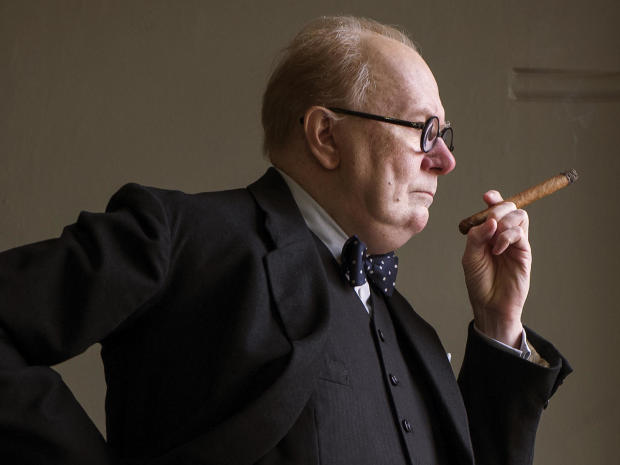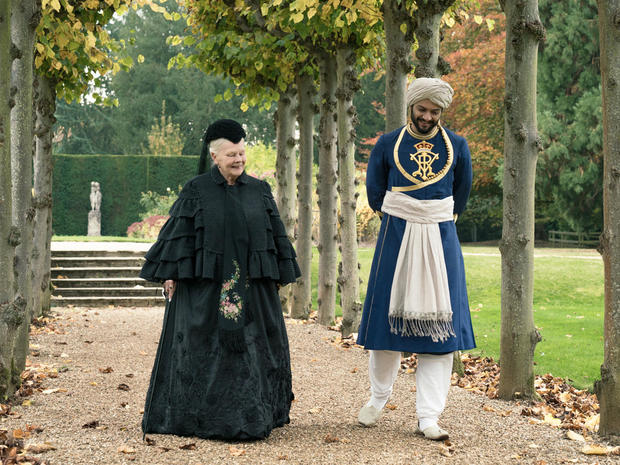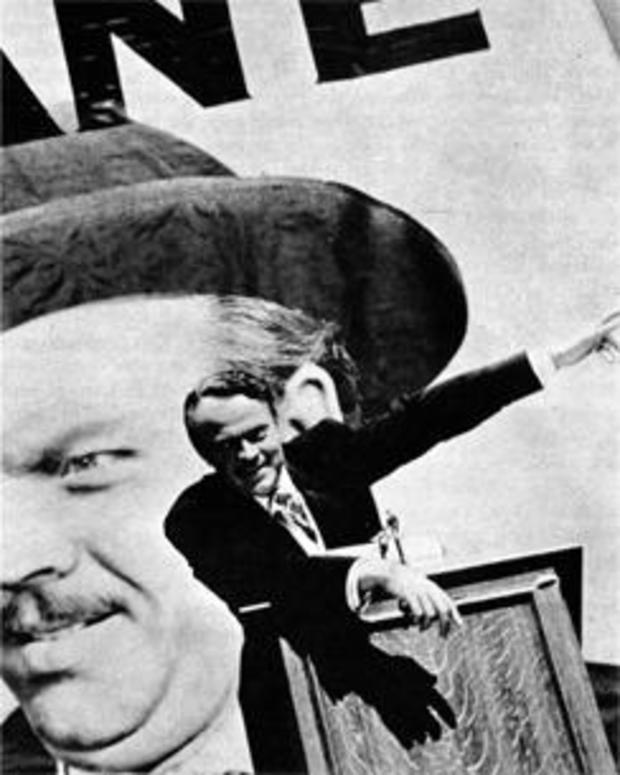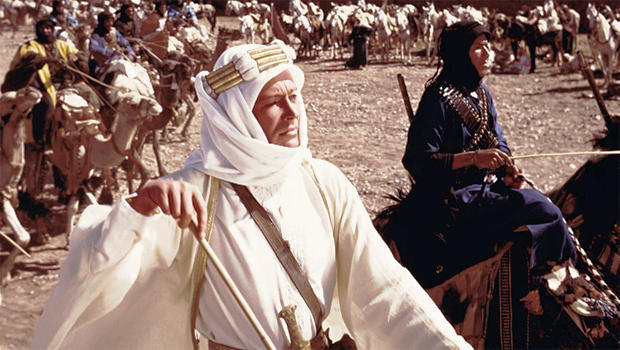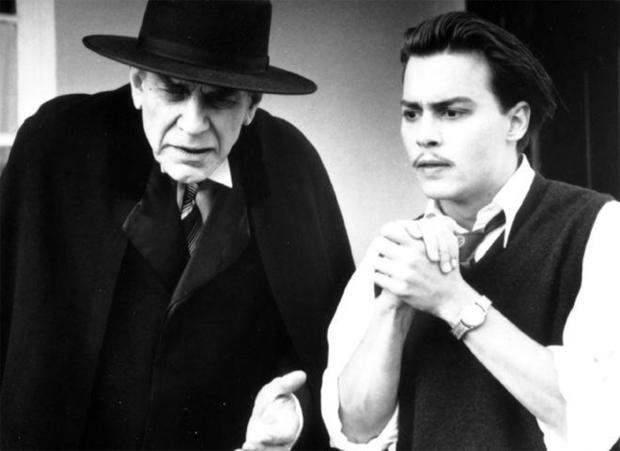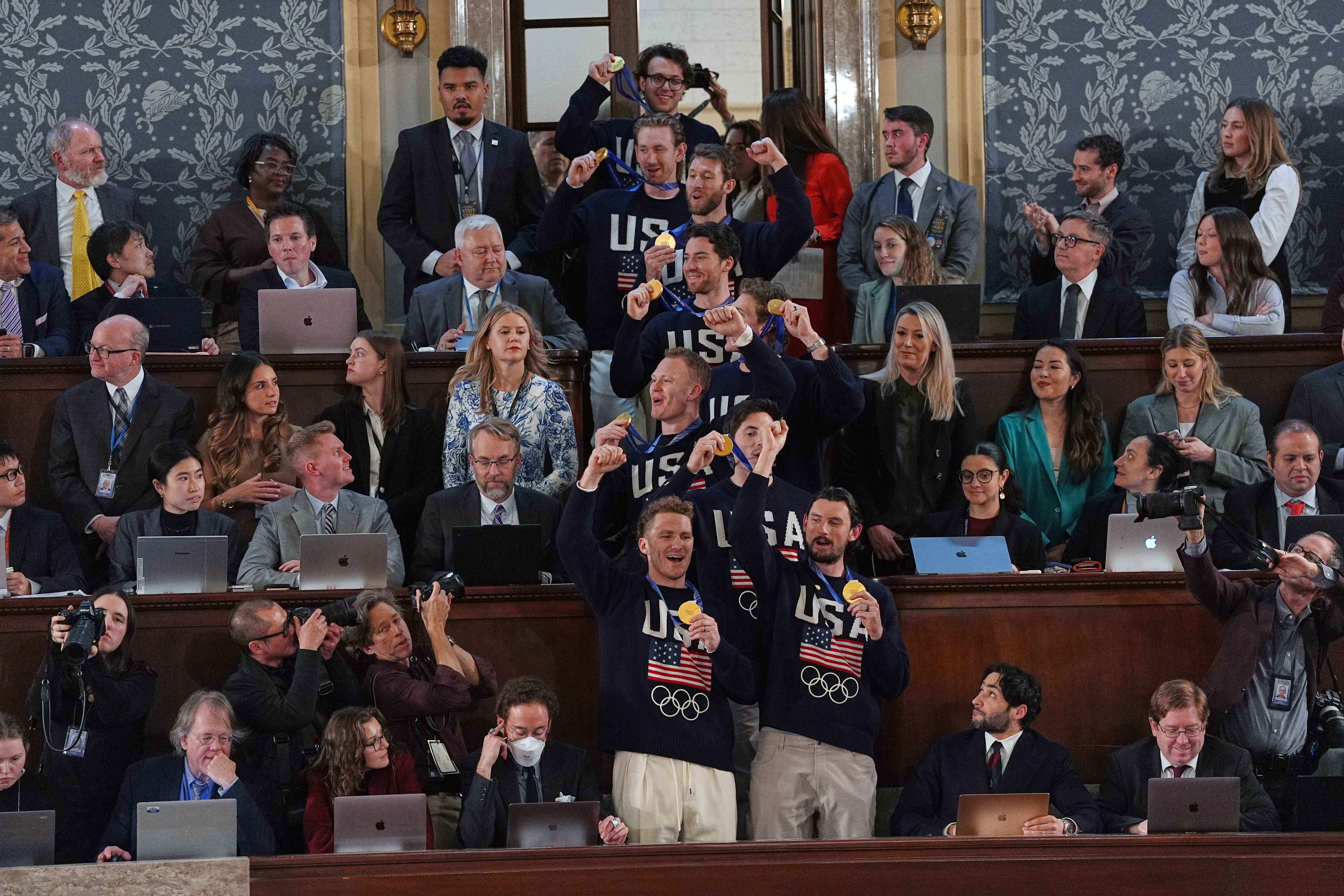From heroes to cads: David Edelstein on the surge in movie biopics
Critic David Edelstein talks about a life (or lives) on screen:
It's time for the annual rush of biographical motion pictures, also known as biopics. And the number this year is staggering.
"Darkest Hour" has a fatted, unrecognizable Gary Oldman as Winston Churchill on the eve of Dunkirk. Hugh Jackman is P.T. Barnum in "The Greatest Showman." Chadwick Boseman is Thurgood Marshall in "Marshall."
Liam Neeson is Mark Felt in "Mark Felt: The Man Who Brought Down the White House." And Judi Dench is the aged Queen Victoria in "Victoria and Abdul."
Disgraced ice skater Tonya Harding gets her own biopic, "I, Tonya," with Margot Robbie. Even the maker of one of the world's worst movies, "The Room," has a biopic: "The Disaster Artist," starring James Franco.
The timing is not accidental. It's awards season, and biopics win awards, especially for actors who get to change their appearance, use funny voices, and make you think, "Now that's acting!" Oscar voters vote for acting you can see.
And most biopics do something else people crave during the holidays: They inspire ... even "The Disaster Artist." You think, "Hey, if a guy that weird and untalented can get famous, there's hope for us all!"
My thinking on biopics has evolved. I used to dread them for being shallow and clunky, for hitting formative traumas with metronomic predictability en route to some or other triumph of the human spirit. For years Hollywood served up celebratory Great Man biopics with people like Paul Muni, who played Louis Pasteur and Emile Zola.
But here's what I realized reading a fairly recent book by Dennis Bingham called "Whose Lives Are They Anyway?": Even in the old days, the biopic could be subverted. What is Orson Welles' "Citizen Kane" but a mock-biopic, using genre clichés to paint a muckraking portrait of a monster?
And consider one of the greatest of all biopics, "Lawrence of Arabia," which begins as a "Great Man" film before T.E. Lawrence's moral and mental disintegration drives all his high-flown heroism into a ditch.
Now, we're just as likely to get warts-and-all biopics, or even ironic, anti-Great Man biopics, like "Ed Wood," which uses corny Great Man conventions to celebrate the man who made "Plan 9 From Outer Space."
What a sad irony: The late Martin Landau won an Oscar for playing Bela Lugosi, who never got near the Academy Awards.
Of course, we still get the straight "Great Man" biopics, from "Gandhi" to "Milk" to "Lincoln," although they tend to dramatize smaller chunks of lives than they used to.
The rousing "Darkest Hour" centers on a single decision over a few intense days: Winston Churchill's adamant refusal -- despite pressure from Parliament and the imminent Nazi invasion -- to engage in peace talks with Hitler.
It's the second film of the year -- after "Dunkirk" -- to build to the "fight them on the beaches" speech.
"The Disaster Artist" is 2017's answer to "Ed Wood." It "celebrates" the figure behind the Grade-Z softcore melodrama "The Room," which became a cult sensation (though I think it's pretty boring). "The Disaster Artist" is much more fun.
As bizarre auteur Tommy Wiseau, James Franco has the ultimate James Franco role. He does a 10.0 Olympic high-dive into a nuttiness that has no bottom. I can't believe his co-stars could keep a straight face.
"I, Tonya" is the most complex of the season's biopics, chiefly because it presents itself as a fake documentary in which no one's account of the so-called "incident" -- the smashing of Tonya Harding's rival Nancy Kerrigan's knee -- is the same as anyone else's.
Still, I came away with new sympathy for its much-reviled title character, who has so much more heart than anyone on screen, and so much more to overcome. She's verbally and physically abused by the mother of all bad mothers, played by Allison Janney; and is routinely dissed by judges who don't want the symbol of their sport to be so working-class.
One more thing about biopics: They're a huge deal in the lives of their subjects, especially still-living subjects. You know those titles at the end of biopics that say where characters are now? "I, Tonya" should really end with:
"Her life underwent a momentous change when she was the subject of a sympathetic biopic starring Margot Robbie."
When the movie was over, I wanted to say, "Come back, Tonya. All (or almost all) is forgiven!"
When F. Scott Fitzgerald said, "There are no second acts in American lives," he didn't account for the uncanny power of biopics.
For more info:
- "Darkest Hour" Official Site (Focus Features)
- "The Disaster Artist" Official Site (A24)
- "I, Tonya" Official Site (Neon)
